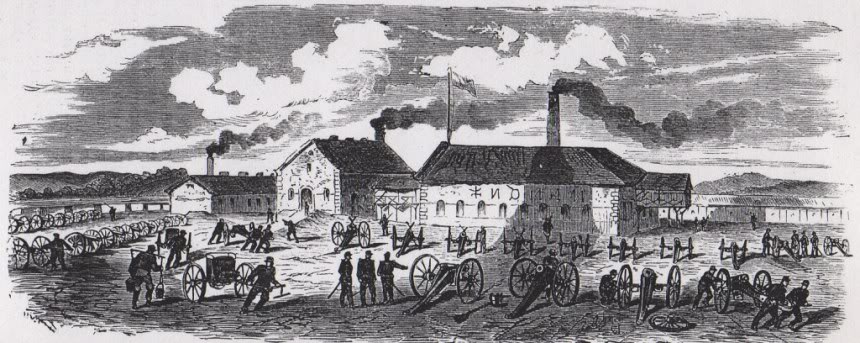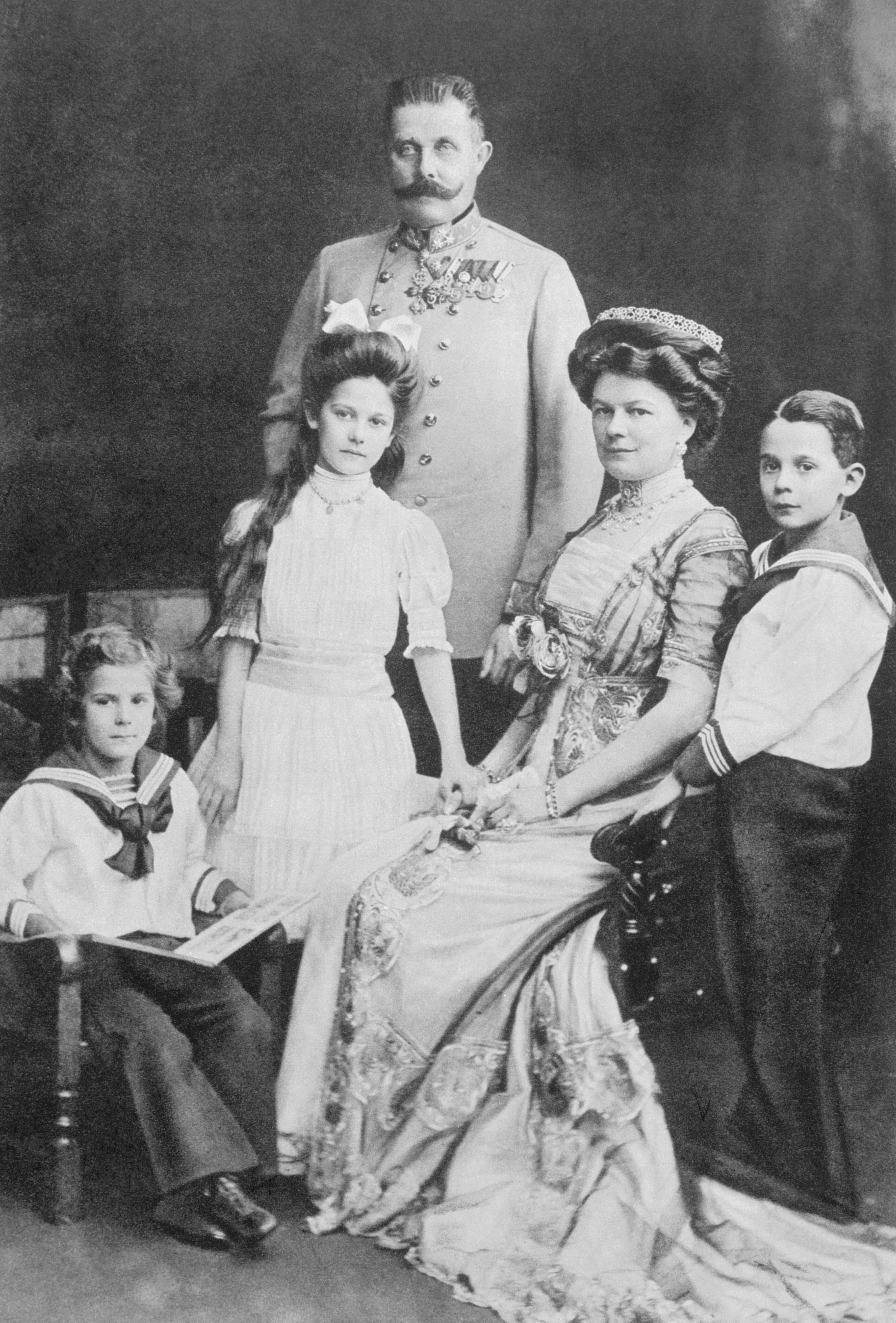|
Miroslav Spalajković
Miroslav Spalajković (18 April 1869 – 4 February 1951) was a Kingdom of Serbia, Serbian diplomat, best known for his actions as the Envoy (title), envoy to the Russian Empire in Saint Petersburg during the July Crisis of the summer of 1914. An outspoken opponent of Austria-Hungary, Spalajković's public statements to Russian media denied any Serbian culpability in the Assassination of Archduke Franz Ferdinand, assassination of Archduke Franz Ferdinand of Austria and his reports back to the Serbian government guaranteed Russian military support. While Tsar Nicholas II and much of the Russian leadership was committed to Serbian autonomy , no Russian leader actually guaranteed Spalajković or Serbia of Russian military support during the July Crisis. Spalajković's optimistic telegrams, largely based on public demonstrations and uncorroborated discussion, reassured the Serbian government that they could risk an Austro-Hungarian military attack. Without Spalajković's guarantee o ... [...More Info...] [...Related Items...] OR: [Wikipedia] [Google] [Baidu] |
Kragujevac
Kragujevac ( sr-Cyrl, Крагујевац, ) is the List of cities in Serbia, fourth largest city in Serbia and the administrative centre of the Šumadija District. It is the historical centre of the geographical region of Šumadija in central Serbia, and is situated on the banks of the Lepenica (Great Morava), Lepenica River. According to the 2022 census, City of Kragujevac has 171,186 inhabitants. Kragujevac was the first capital of modern Serbia and the first constitution in the Balkans, the Sretenje Constitution, was proclaimed in the city in 1835. A unit of the Scottish Women's Hospitals for Foreign Service was located there in World War I. During the Second World War, Kragujevac was the site of a Kragujevac massacre, massacre by the Nazis in which 2,778 Serb men and boys were killed. Modern Kragujevac is known for its large munitions (Zastava Arms) and automobile (Fiat Serbia) industries, as well as its status as an education centre housing the University of Kragujevac, one ... [...More Info...] [...Related Items...] OR: [Wikipedia] [Google] [Baidu] |
Archduke Franz Ferdinand Of Austria
Archduke Franz Ferdinand Carl Ludwig Joseph Maria of Austria (18 December 1863 – 28 June 1914) was the heir presumptive to the throne of Austria-Hungary. His Assassination of Archduke Franz Ferdinand, assassination in Sarajevo was the most immediate cause of World War I. Franz Ferdinand was the eldest son of Archduke Karl Ludwig of Austria, the younger brother of Franz Joseph I of Austria, Emperor Franz Joseph I of Austria. Following Mayerling incident, the death of Rudolf, Crown Prince of Austria, Crown Prince Rudolf in 1889 and the death of Karl Ludwig in 1896, Franz Ferdinand became the heir presumptive to the Austro-Hungarian throne. His courtship of Sophie, Duchess of Hohenberg, Sophie Chotek, a lady-in-waiting, caused conflict within the imperial household, and their morganatic marriage in 1900 was only allowed after he renounced his descendants' rights to the throne. Franz Ferdinand held significant influence over the military, and in 1913 he was appointed inspec ... [...More Info...] [...Related Items...] OR: [Wikipedia] [Google] [Baidu] |
People From The Kingdom Of Serbia
The term "the people" refers to the public or common mass of people of a polity. As such it is a concept of human rights law, international law as well as constitutional law, particularly used for claims of popular sovereignty. In contrast, a people is any plurality of persons considered as a whole. Used in politics and law, the term "a people" refers to the collective or community of an ethnic group or nation. Concepts Legal Chapter One, Article One of the Charter of the United Nations states that "peoples" have the right to self-determination. Though the mere status as peoples and the right to self-determination, as for example in the case of Indigenous peoples (''peoples'', as in all groups of indigenous people, not merely all indigenous persons as in ''indigenous people''), does not automatically provide for independent sovereignty and therefore secession. Indeed, judge Ivor Jennings identified the inherent problems in the right of "peoples" to self-determination, as i ... [...More Info...] [...Related Items...] OR: [Wikipedia] [Google] [Baidu] |
Ambassadors Of Yugoslavia To France
An ambassador is an official envoy, especially a high-ranking diplomat who represents a state and is usually accredited to another sovereign state or to an international organization as the resident representative of their own government or sovereign or appointed for a special and often temporary diplomatic assignment. The word is also used informally for people who are known, without national appointment, to represent certain professions, activities, and fields of endeavor, such as sales. An ambassador is the ranking government representative stationed in a foreign capital or country. The host country typically allows the ambassador control of specific territory called an embassy (which may include an official residence and an office, chancery, located together or separately, generally in the host nation's capital), whose territory, staff, and vehicles are generally afforded diplomatic immunity in the host country. Under the Vienna Convention on Diplomatic Relations, an ambass ... [...More Info...] [...Related Items...] OR: [Wikipedia] [Google] [Baidu] |
Serbian People Of World War I
Serbian may refer to: * Pertaining to Serbia in Southeast Europe; in particular **Serbs, a South Slavic ethnic group native to the Balkans ** Serbian language ** Serbian culture **Demographics of Serbia, includes other ethnic groups within the country *Pertaining to other places **Serbia (other) **Sorbia (other) *Gabe Serbian (1977–2022), American musician See also * * * Sorbs * Old Serbian (other) Old Serbian may refer to: * someone or something related to the Old Serbia, a historical region * Old Serbian language, a general term for the pre-modern variants of Serbian language, including: ** the Serbian recension of Old Church Slavonic la ... {{Disambiguation Language and nationality disambiguation pages ... [...More Info...] [...Related Items...] OR: [Wikipedia] [Google] [Baidu] |
1951 Deaths
Events January * January 4 – Korean War: Third Battle of Seoul – Chinese and North Korean forces capture Seoul for the second time (having lost the Second Battle of Seoul in September 1950). * January 9 – The Government of the United Kingdom announces abandonment of the Tanganyika groundnut scheme for the cultivation of peanuts in the Tanganyika Territory, with the writing off of £36.5M debt. * January 11 – In the U.S., a top secret report is delivered to U.S. President Truman by his National Security Resources Board, urging Truman to expand the Korean War by launching "a global offensive against communism" with sustained bombing of Red China and diplomatic moves to establish "moral justification" for a U.S. nuclear attack on the Soviet Union. The report will not not be declassified until 1978. * January 15 – In a criminal court in West Germany, Ilse Koch, The "Witch of Buchenwald", wife of the commandant of the Buchenwald concentration camp, is sentenced to li ... [...More Info...] [...Related Items...] OR: [Wikipedia] [Google] [Baidu] |
1869 Births
Events January * January 3 – Abdur Rahman Khan is defeated at Tinah Khan, and exiled from Afghanistan. * January 5 – Scotland's second oldest professional football team, Kilmarnock F.C., is founded. * January 20 – Elizabeth Cady Stanton is the first woman to testify before the United States Congress. * January 21 – The P.E.O. Sisterhood, a philanthropic educational organization for women, is founded at Iowa Wesleyan College in Mount Pleasant, Iowa. * January 27 – The Republic of Ezo is proclaimed on the northern Japanese island of Ezo (which will be renamed Hokkaidō on September 20) by remaining adherents to the Tokugawa shogunate. February * February 5 – Prospectors in Moliagul, Victoria, Australia, discover the largest alluvial gold nugget ever found, known as the " Welcome Stranger". * February 20 – Ranavalona II, the Merina Queen of Madagascar, is baptized. * February 25 – The Iron and Steel Institute is form ... [...More Info...] [...Related Items...] OR: [Wikipedia] [Google] [Baidu] |
Balcanica
''Balcanica'' is an annual peer-reviewed journal of the interdisciplinary Institute for Balkan Studies of the Serbian Academy of Sciences and Arts. ''Balcanica'' covers a wide range of topics from prehistory and archaeology, cultural studies, art history, literature and anthropology to modern and contemporary history focusing on the Balkans from prehistoric times to modern age. In order to reach a broader scholarly audience, since 2006 (nº XXXVI), ''Balcanica'' has been published in English and French. The current editor-in-chief An editor-in-chief (EIC), also known as lead editor or chief editor, is a publication's editorial leader who has final responsibility for its operations and policies. The editor-in-chief heads all departments of the organization and is held accoun ... is Vojislav G. Pavlović. External links * Serbian Academy of Sciences and Arts European studies journals Annual journals Balkan studies Academic journals established in 1970 Open access journals ... [...More Info...] [...Related Items...] OR: [Wikipedia] [Google] [Baidu] |
First World War
World War I or the First World War (28 July 1914 – 11 November 1918), also known as the Great War, was a World war, global conflict between two coalitions: the Allies of World War I, Allies (or Entente) and the Central Powers. Fighting took place mainly in European theatre of World War I, Europe and the Middle Eastern theatre of World War I, Middle East, as well as in parts of African theatre of World War I, Africa and the Asian and Pacific theatre of World War I, Asia-Pacific, and in Europe was characterised by trench warfare; the widespread use of Artillery of World War I, artillery, machine guns, and Chemical weapons in World War I, chemical weapons (gas); and the introductions of Tanks in World War I, tanks and Aviation in World War I, aircraft. World War I was one of the List of wars by death toll, deadliest conflicts in history, resulting in an estimated World War I casualties, 10 million military dead and more than 20 million wounded, plus some 10 million civilian de ... [...More Info...] [...Related Items...] OR: [Wikipedia] [Google] [Baidu] |
Nikola Pašić
Nikola Pašić ( sr-Cyrl, Никола Пашић, ; 18 December 1845 – 10 December 1926) was a Serbian and Yugoslav politician and diplomat. During his political career, which spanned almost five decades, he served five times as prime minister of Serbia and three times as prime minister of Yugoslavia, leading 22 governments in total. He played an instrumental role in the founding of Yugoslavia and is considered one of the most influential figures in Serbian twentieth-century history. With 12 years in office, Pašić was the longest-serving prime minister of Serbia. Born in Zaječar, in eastern Serbia, Pašić studied engineering in Switzerland and embraced radical politics as a student at the Polytechnical School in Zürich. On his return to Serbia, he was elected to the National Assembly in 1878 as a member of the People's Radical Party, which was formally organised three years later. After the failed Timok Rebellion against the government of King Milan I, he was sente ... [...More Info...] [...Related Items...] OR: [Wikipedia] [Google] [Baidu] |
Nicholas II
Nicholas II (Nikolai Alexandrovich Romanov; 186817 July 1918) or Nikolai II was the last reigning Emperor of Russia, King of Congress Poland, and Grand Duke of Finland from 1 November 1894 until his abdication on 15 March 1917. He married Alix of Hesse (later Alexandra Feodorovna) and had five children: the OTMA sisters – Olga, born in 1895, Tatiana, born in 1897, Maria, born in 1899, and Anastasia, born in 1901 — and the tsesarevich Alexei Nikolaevich, who was born in 1904, three years after the birth of their last daughter, Anastasia. During his reign, Nicholas gave support to the economic and political reforms promoted by his prime ministers, Sergei Witte and Pyotr Stolypin. He advocated modernisation based on foreign loans and had close ties with France, but resisted giving the new parliament (the Duma) major roles. Ultimately, progress was undermined by Nicholas's commitment to autocratic rule, strong aristocratic opposition and defeats sustained by the Russ ... [...More Info...] [...Related Items...] OR: [Wikipedia] [Google] [Baidu] |






